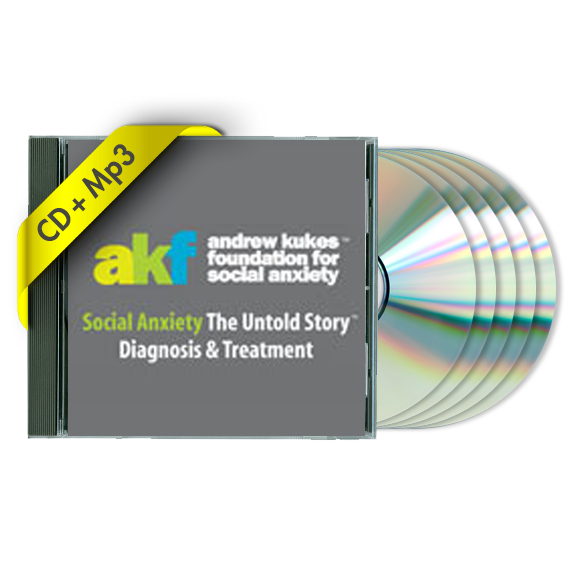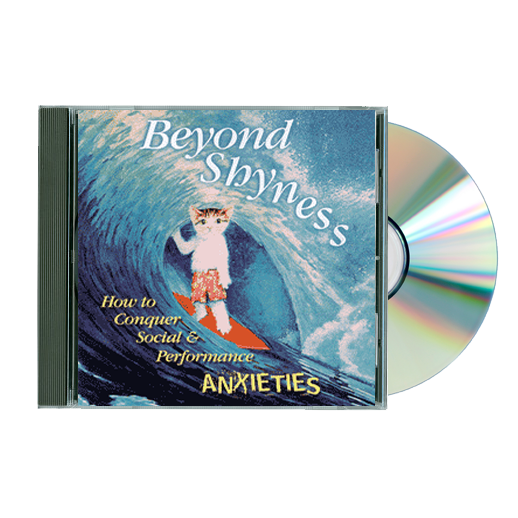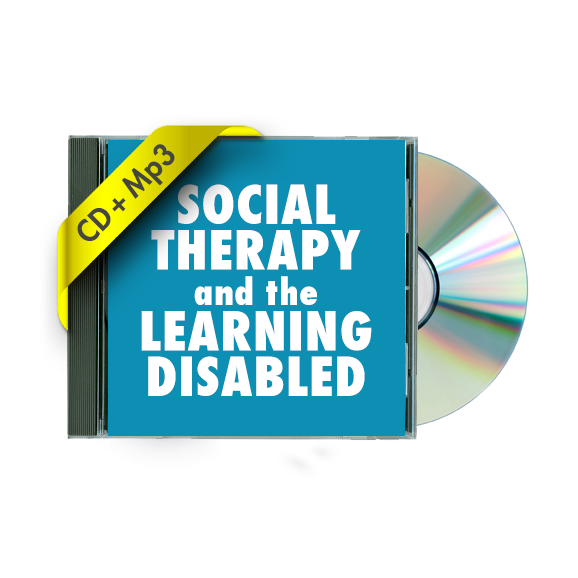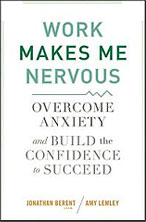Aspergers Syndrome
Asperger’s syndrome is part of what is now called the autistic spectrum. Despite normal and sometimes superior intelligence, people with Asperger’s have difficulty understanding social conventions and reading social cues. As a result, making friends can be quite hard. Feelings tend to cause confusion. They may be unable to take hints, keep secrets or understand metaphor and humor. The meaning of gestures, tone of voice, and facial expressions can be confusing. Body language and verbal expression often is a challenge. Social skills can be a mystery. They often have one track minds and focus obsessively on subjects of interest only to themselves.
Often people with Asperger’s have poor handwriting and repetitive movements that resemble obsessive-compulsive behavior. They can be easily upset when expectations are not met, or their routines disturbed. Sometimes they are unusually sensitive to sounds, smells, and touch.
One of my patients was a 15-year-old named Brad. He was quite attractive. He was a straight a student who studied about an hour a day. He spent approximately 75 hours a week on the computer playing one game. He hated gym and sports although he did OK in these activities when he tried. He hated group activities in and outside of school. Try to talk to him about socializing or feelings and this would elicit a response of anger or frustration. His independence skills were substantially retarded. For example, his parents had to wake him up every morning to go to school or he would miss the bus. Once in my office, he was asked to cross the street. He became anxious. He had to ask his father to help him cross the street… a 15-year-old, a straight a student, an average busy street.
His parents were accomplished professionals with their own obsessive characteristics. It was extremely difficult for them to facilitate an empowering parenting strategy because of their own anxiety. “What would happen if he was under too much stress?” his mother asked. I countered with “what will happen if he does not learn how to handle stress and become responsible?”
This disorder is understudied. There are very few clinical programs available to this population. Through the years, many people with Asperger’s have been in my social therapy program. I can assure you that social anxiety is a component of Asperger’s. It is very important to understand this, in addition to parenting issues; as early as possible, in order for treatment to be productive.
RELATED PRODUCTS
-

Social Anxiety: The Untold Story
-

Beyond Shyness: How To Conquer Social Anxieties
-

Work Makes Me Nervous
-

Comprehensive Self-Therapy Audio Program
-

Selective Mutism Seminar Audio CD/MP3 Program
-

Self-Help Program for Parents of Children with Selective Mutism
-

Free Sociability Questionnaire
-

Social Therapy and The Learning Disabled
About Jonathan
 Jonathan has pioneered psychotherapy for social anxiety, public speaking anxiety, and performance anxiety since 1978. He has worked with thousands of individuals of all ages in individual, family, and group therapy. He is the author of “Beyond Shyness: How to Conquer Social Anxieties” (Simon & Schuster) and “Work Makes Me Nervous: Overcome Anxiety and Build the Confidence to Succeed” (John Wiley &Sons, Inc.) Jonathan is an expert in media performance having been featured extensively on television, radio, and in print. This experience includes Oprah, NBC, CBS, ABC, CNN, FOX, The New York Times, Newsday, The Chicago Tribune, and The Boston Globe.
Jonathan has pioneered psychotherapy for social anxiety, public speaking anxiety, and performance anxiety since 1978. He has worked with thousands of individuals of all ages in individual, family, and group therapy. He is the author of “Beyond Shyness: How to Conquer Social Anxieties” (Simon & Schuster) and “Work Makes Me Nervous: Overcome Anxiety and Build the Confidence to Succeed” (John Wiley &Sons, Inc.) Jonathan is an expert in media performance having been featured extensively on television, radio, and in print. This experience includes Oprah, NBC, CBS, ABC, CNN, FOX, The New York Times, Newsday, The Chicago Tribune, and The Boston Globe. Listen to him on WFAN SPORTS RADIO. Jonathan has extensively researched and developed clinical programs for the avoidant and dependent personality. He is a “diplomate” in clinical social work and is certified in New York State. In addition, he is certified by The Association of Applied Psychophysiology and Biofeedback.
To view Jonathan Berent‘s pioneering work with Social Phobia, view the 1988 Sally Jessy Raphael Show by clicking here. To view jonathan talking about Workplace Anxiety on Long Island News Jobline, click here.
Listen to him on WFAN SPORTS RADIO. Jonathan has extensively researched and developed clinical programs for the avoidant and dependent personality. He is a “diplomate” in clinical social work and is certified in New York State. In addition, he is certified by The Association of Applied Psychophysiology and Biofeedback.
To view Jonathan Berent‘s pioneering work with Social Phobia, view the 1988 Sally Jessy Raphael Show by clicking here. To view jonathan talking about Workplace Anxiety on Long Island News Jobline, click here.
Self-Help and Treatment Options
- Free Audio CD from Social-Anxiety.com
- Social Anxiety: The Untold Story
- Beyond Shyness: How To Conquer Social Anxieties
- Work Makes Me Nervous
- Comprehensive Self-Therapy Audio Program
- Public Speaking Anxiety Self-Therapy Audio Program
- “Warm Hands Cool Face” A Self-Help Clinical Program for Blushing Anxiety & Erythrophobia
- The Berent Method: High Performance Therapy for Social-Anxiety
- Telephone/skype therapy available worldwide
- Selective Mutism Seminar Audio CD/MP3 Program
- Self-Help Program for Parents of Children with Selective Mutism
- The Sociability Questionnaire
- Tip of the Month Club
- Social Therapy and The Learning Disabled
- Free Parent Addiction Survey


